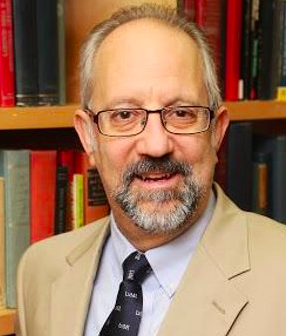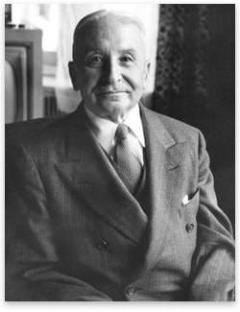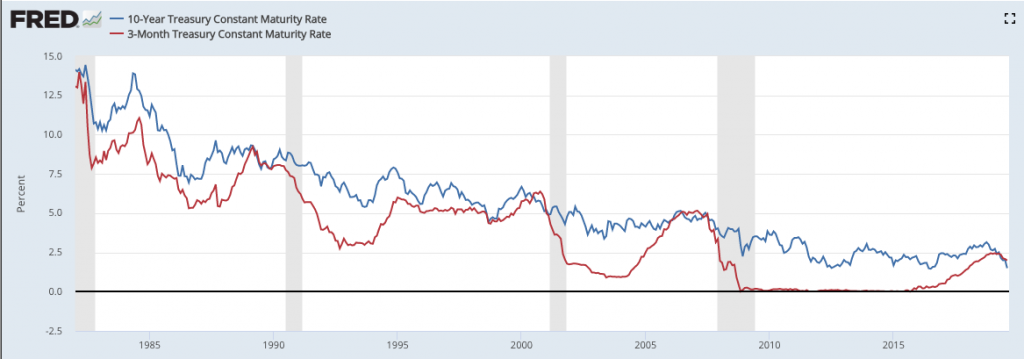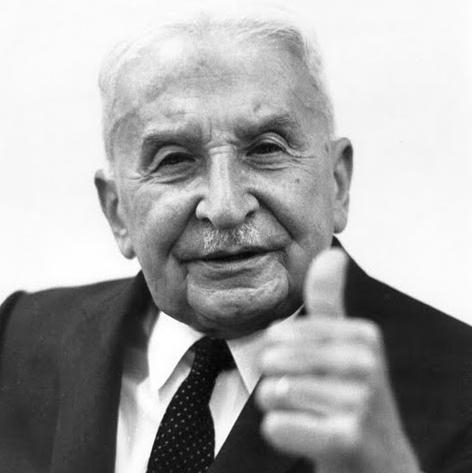Ep. 215 Joe Salerno versus Paul Krugman on Austrian Business Cycle Theory
Using a recent Paul Krugman column as the jumping off point, the Mises Institute Academic Vice President Joe Salerno explains and defends Austrian business cycle theory. Mentioned in the Episode and Other Links of Interest: The YouTube version of this interview. Bob’s response to Krugman’s NYT piece. Joe Salerno’s 2012 QJAE article responding to ABCT critics.…
Ep. 107 Max Sklar Interviews Bob Murphy on Mises’ Class vs. Case Probability
On his podcast The Local Maximum, software engineer (and developer at Foursquare) Max Sklar has Bob explain Ludwig von Mises’ distinction between class and case probability. They apply Mises’ framework to other economic theory, and discuss Bayesian inference and machine learning. Mentioned in the Episode and Other Links of Interest: Max Sklar’s podcast, the Local…
Ep. 88 Ludwig von Mises versus God
Bob tackles a common objection from atheist libertarians: Doesn’t Mises (in Human Action) refute the very notion of the Biblical God? Specifically, why wouldn’t an omnipotent, omniscient being remove all uneasiness with one action? Mentioned in the Episode and Other Links of Interest: The pdf to the Scholar’s Edition of Human Action. Help support the Bob…
Ep. 56 Bob Murphy Explains Austrian Business Cycle Theory, the Inverted Yield Curve, and the Coming Recession
Bob goes solo to give a quick explanation of the Mises-Hayek theory of the boom-bust cycle, and how he used it to forecast the financial crisis in 2008 a year ahead of time. He then explains the significance of an “inverted yield curve,” and shows how the Austrians can understand its predictive power much better…
Ep. 31 Capital & Interest in the Austrian Tradition, Part 3 of 3
Bob finishes his 3-part series by first reviewing the contributions of Bohm-Bawerk, Fetter, and Mises to the modern Austrian explanation of interest, namely the “pure time preference theory” (PTPT). Then Bob explains some of the problems for the PTPT, especially for Austrian economists. Instead Murphy offers a much more straightforward–and Austrian!–approach, which explains interest as…





